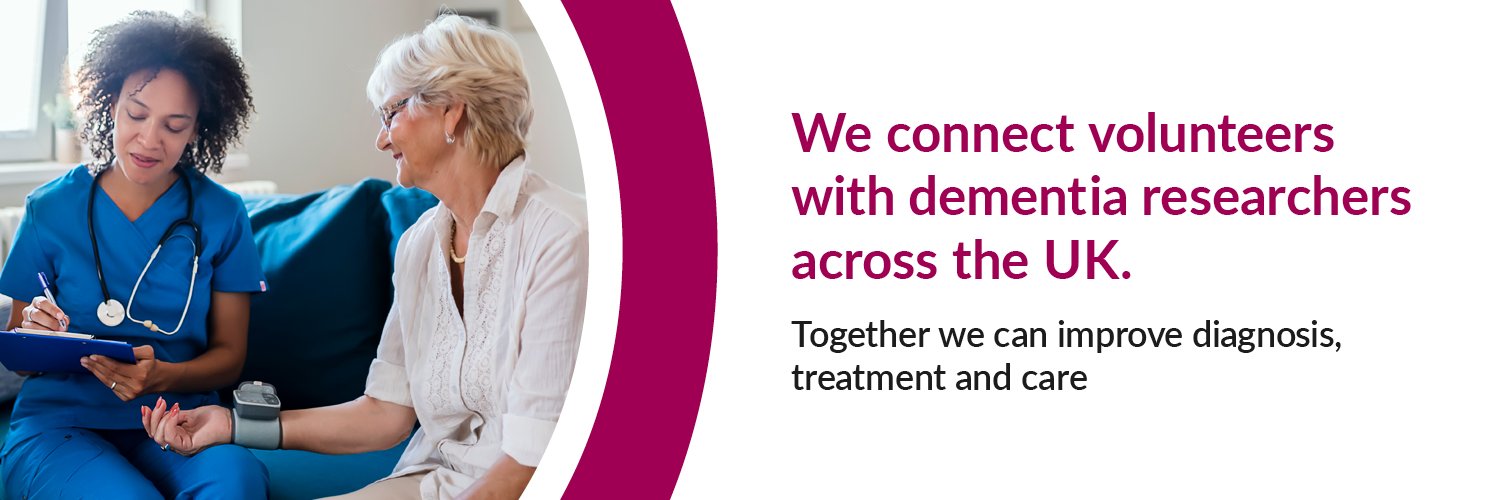
Join Dementia Research
@beatdementia
Register your interest in taking part in vital research today. Anyone 18 or over in the UK can sign up and make a difference, whether you have dementia or not.
💬 "Without research, progress doesn’t happen, and cures aren’t found”. Alison's husband Frank was diagnosed with Alzheimer’s in 2020 and the couple signed up to Join Dementia Research in 2022. They have since taken part in 15 studies. Read their story: alzheimersresearchuk.org/news/taking-pa…
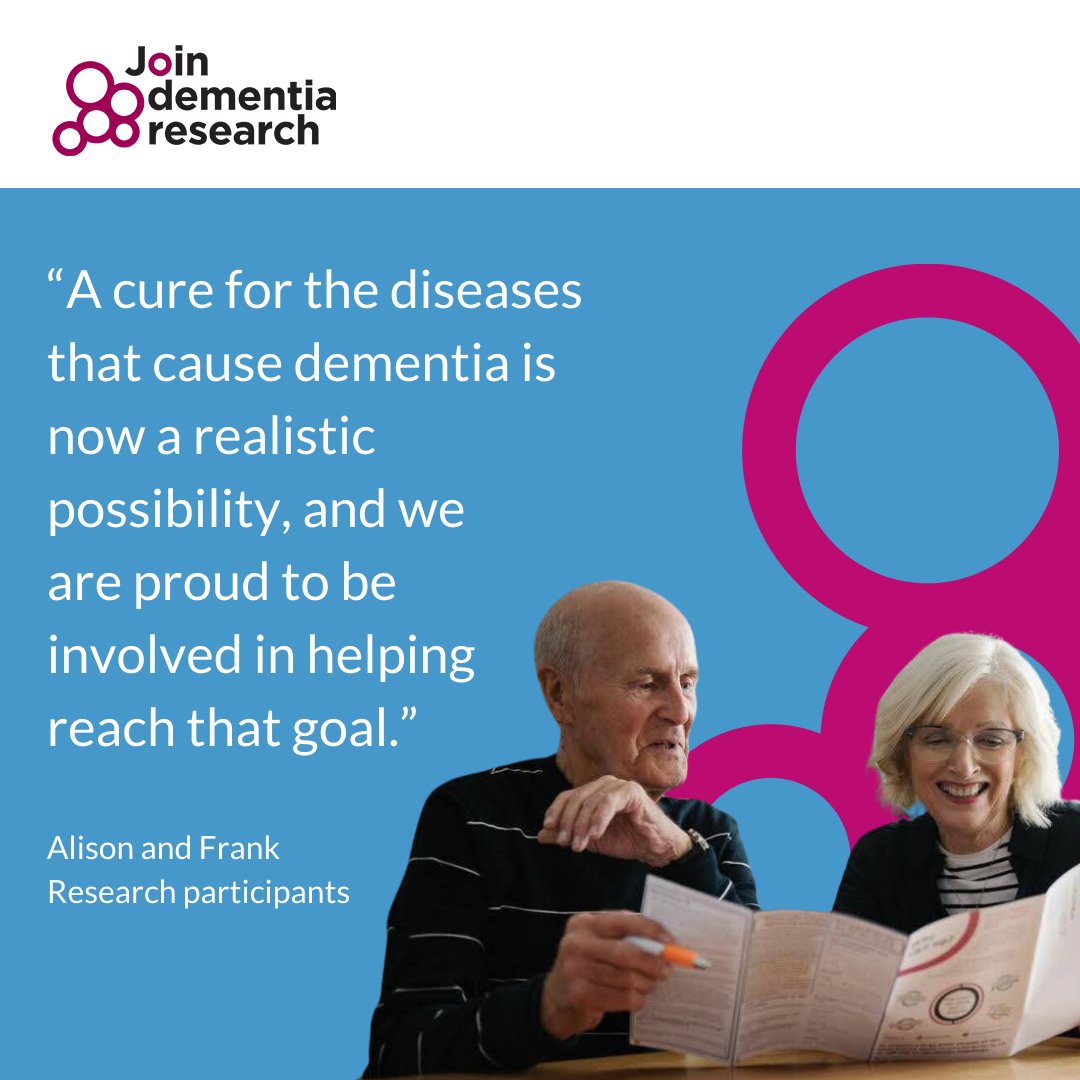
Did you know you don't need a diagnosis to sign up to Join Dementia Research? Over 66,000 people without a dementia diagnosis have signed up to our service to help improve care and find treatments for the future. Find out how you can join them: joindementiaresearch.nihr.ac.uk

“It feels a privilege to be able to be part of research” Stephen spoke to us about his experience of taking part in an Alzheimer’s research study, and how wanted to be involved in something that could improve lives in the future. Read his story: news.joindementiaresearch.nihr.ac.uk/taking-part-in…
🎶 New research suggests that music therapy may reduce distress for people with dementia. The NIHR-funded study at @CPFT_NHS found that using music therapy on NHS dementia wards could improve care and support for vulnerable patients. cpft.nhs.uk/news/music-the…
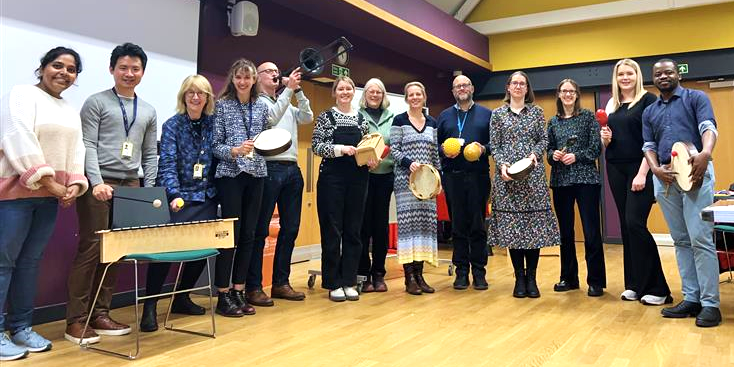
What is the connection between hearing loss and Alzheimer’s Disease? 👂 We spoke to Dr Jenna Littlejohn from @OfficialUoM who is co-leading the ABHAD study, which is looking at how hearing changes in people with Alzheimer’s disease. Read more: news.joindementiaresearch.nihr.ac.uk/hearing-loss-a…
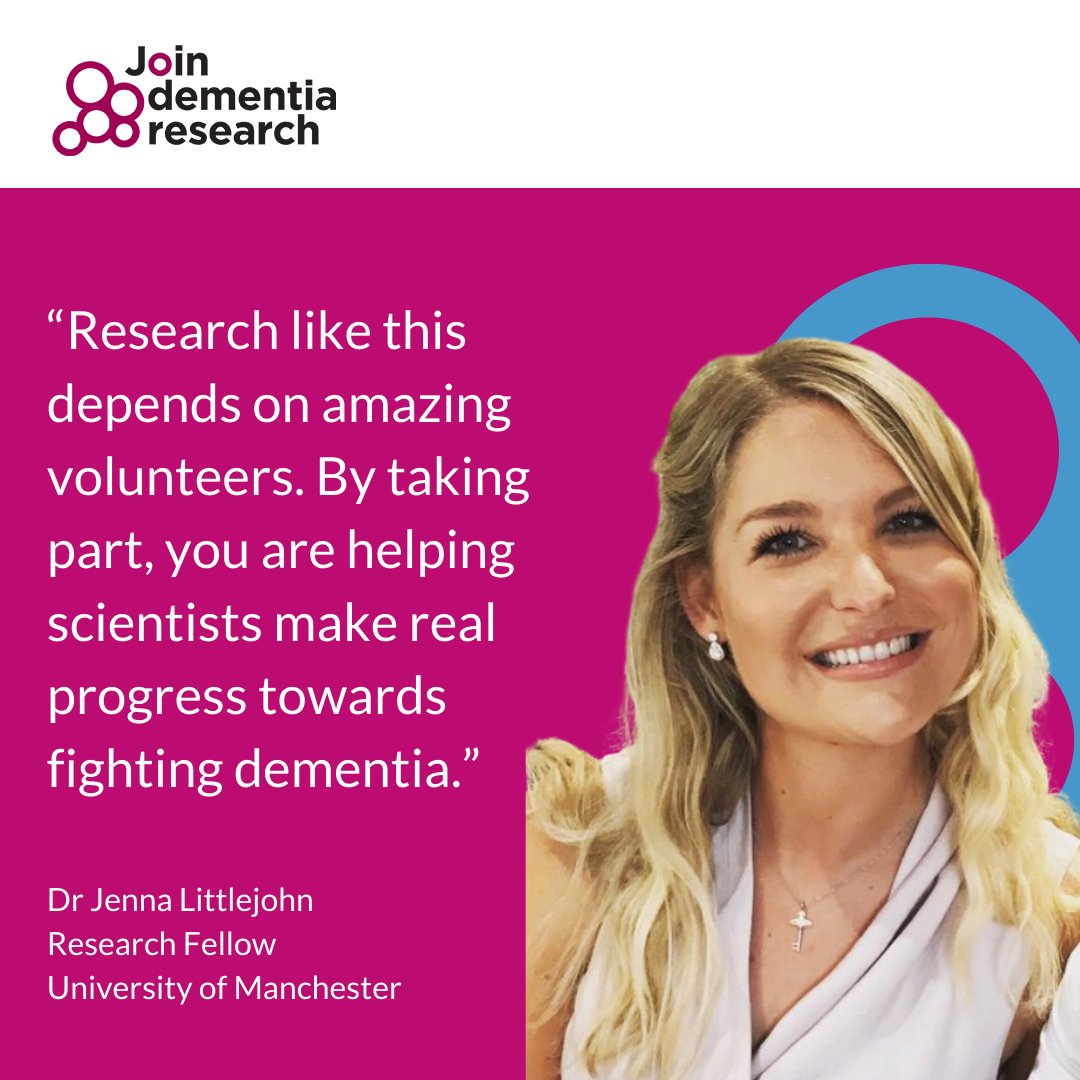
We have teamed up with Theatre Re, a company behind a critically acclaimed production called The Nature of Forgetting, which tells the story of a dad dealing with dementia. The show will be heading to the Edinburgh Festival Fringe between 9-23 August: news.joindementiaresearch.nihr.ac.uk/join-dementia-…
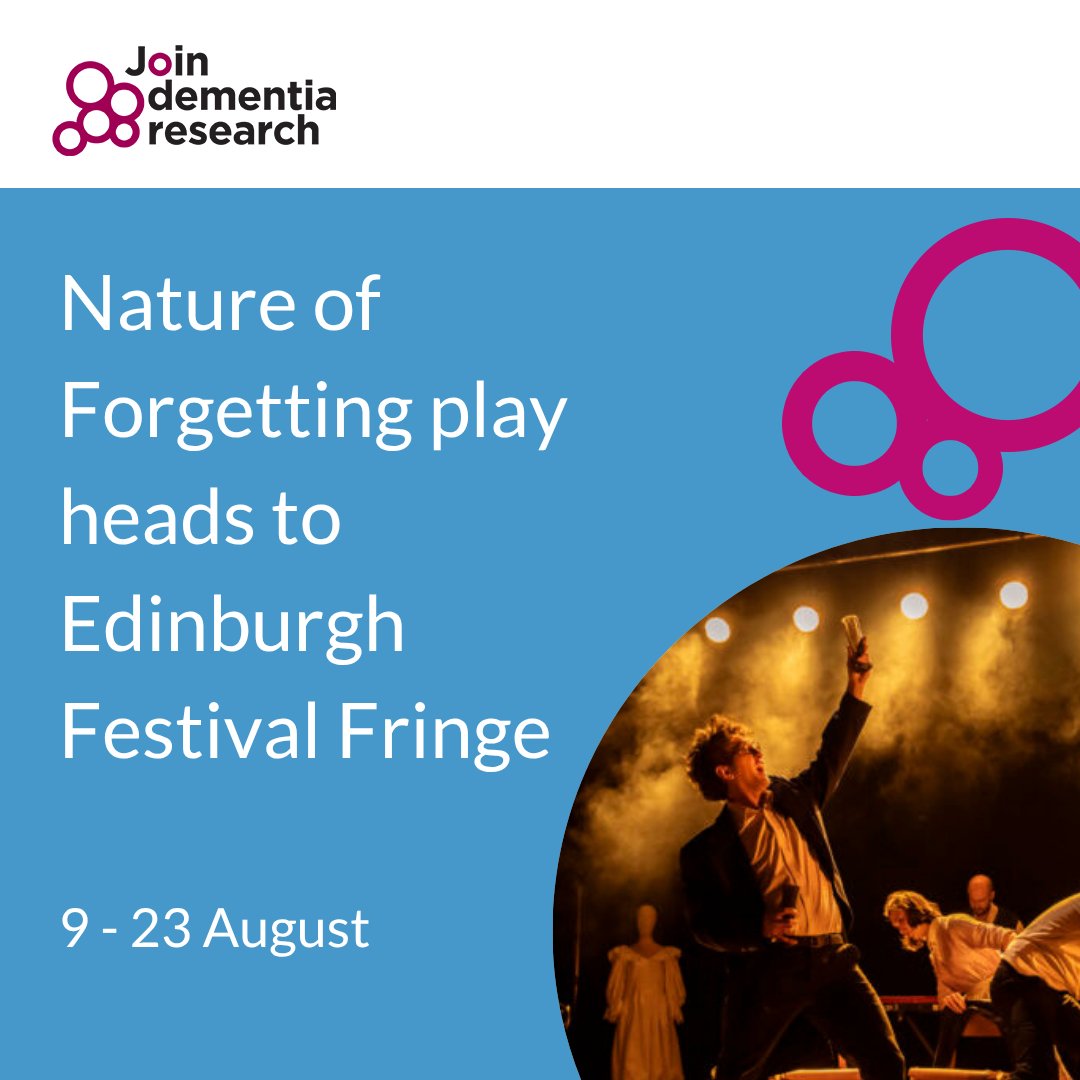
💡 A programme designed to improve sleep for people living at home with dementia is more cost-effective than usual care, research has found. 💤 These findings support rolling out this programme for people with dementia experiencing sleep disturbances. news.joindementiaresearch.nihr.ac.uk/programme-to-i…
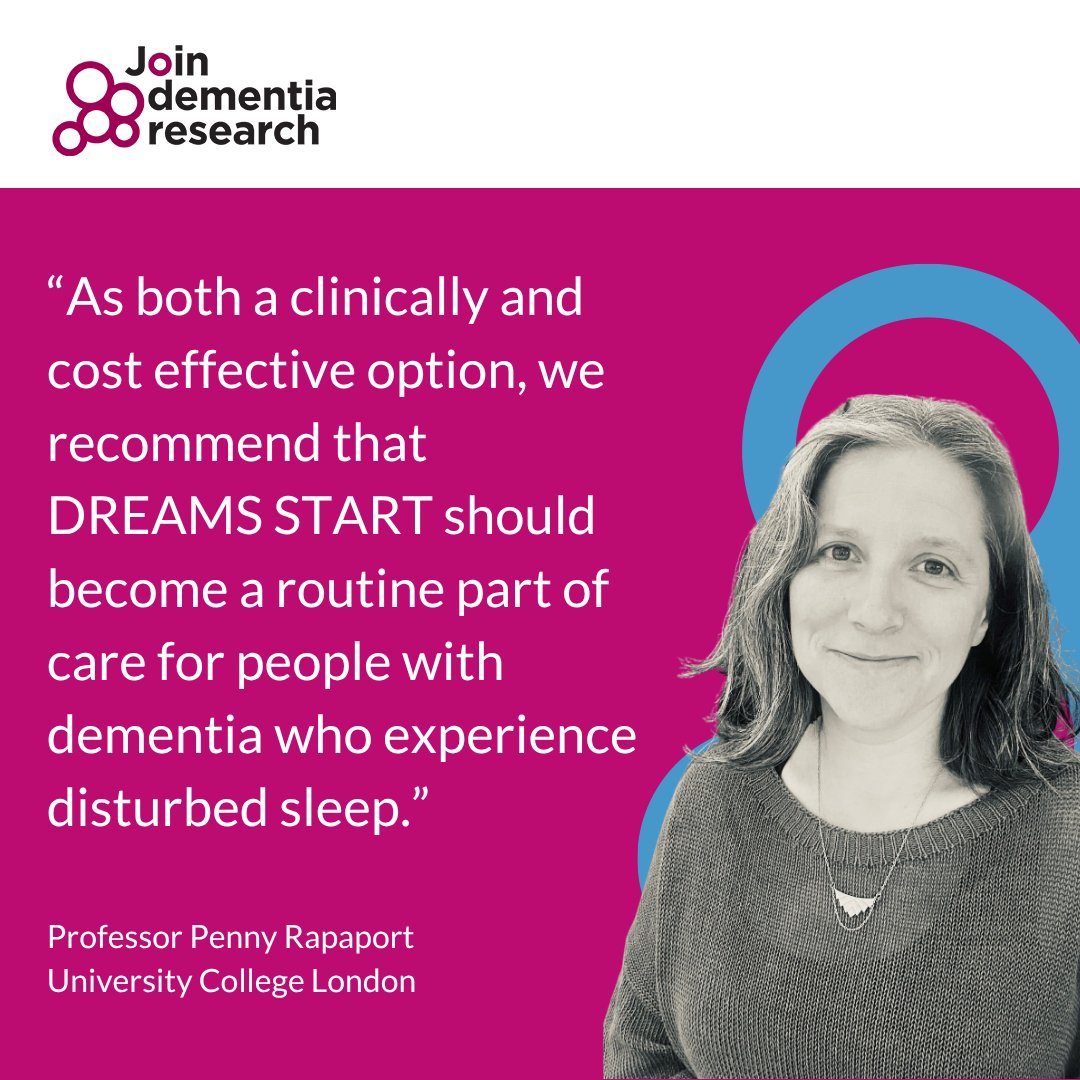
Regularly drinking more than 21 units of alcohol a week increases your risk of dementia, research shows. Read this article from @AlzResearchUK about how alcohol affects brain health and ways to cut back on alcohol alzheimersresearchuk.org/news/everythin…
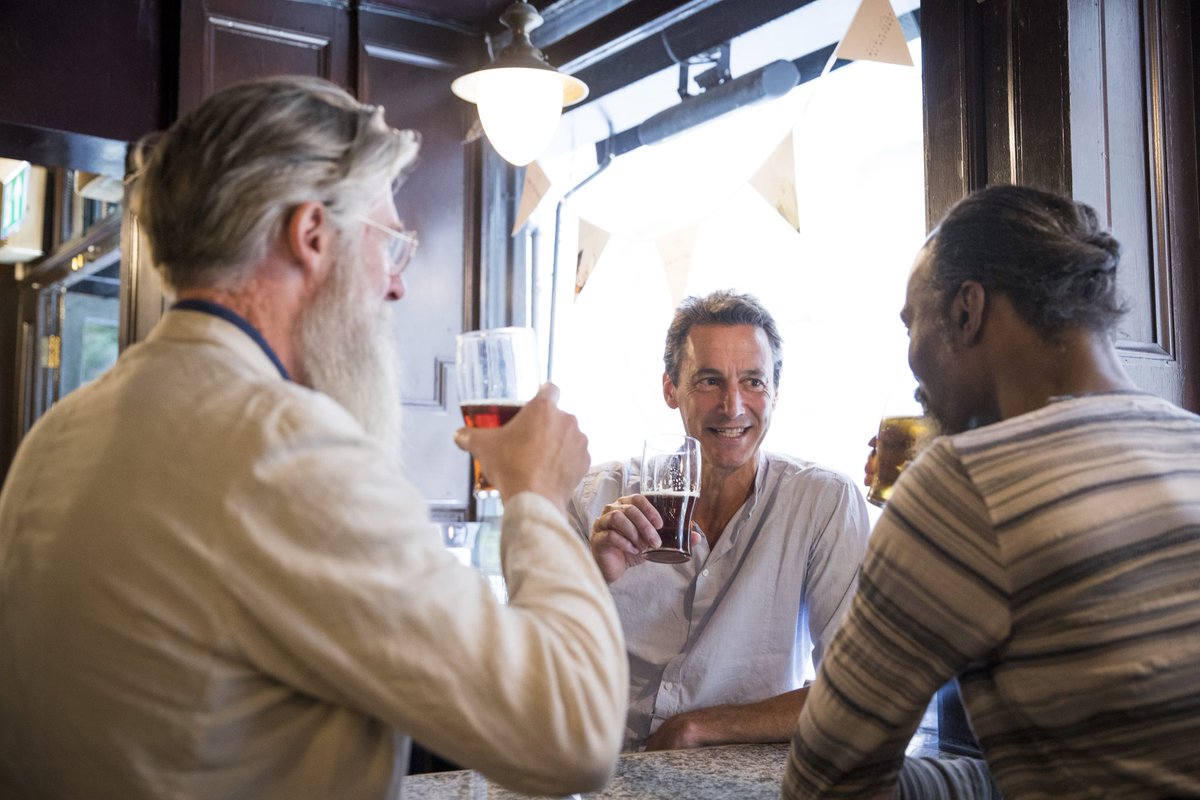
🧠 Caring for someone with dementia can take a toll on mental health. New NIHR-supported research shows a low-cost talking therapy can significantly reduce depression and anxiety in carers. 🔗 Read more: nihr.ac.uk/story/low-cost…

🧠 “Don’t wait until you get ill — let’s find out how to stop you getting ill.” Research helps us protect future generations from dementia. Watch & share this powerful message from Mary, one of our amazing research volunteers 💬🎥 Read her story 👉 news.joindementiaresearch.nihr.ac.uk/dont-wait-unti…
👁️ A common eye condition, dry eye disease, could be linked to a higher risk of dementia, according to new research. Find out more via @DailyMirror ⬇️ 🔗 mirror.co.uk/news/health/co…

🚴♂️ A new study suggests that dementia risk may be lowered by cycling. 🧠 The research discovered that the participants who frequently ride a bike were the least likely to develop dementia compared to those who predominantly walk, drive or use the bus. diabetes.co.uk/news/2025/jun/…

Join Dementia Research volunteers with AD and MCI engaged in home-based attentional bias modification with webcam eye-tracking. Symptoms and/or rumination reduced for completers. @beatdementia @UniRdg_PhD @demrescommunity @Emre_Yavuz_21 doi.org/10.1080/073171…
Do you want to take part in research into other health conditions? Watch the video below to find out how! #BePartOfResearch
Do you want to take part in health and care research? Our #BePartOfResearch service makes it easier than ever to take part! The free online service matches people to suitable studies from across the UK, based on your interests. Watch this video on how to sign up and register…
Middle-aged people in the very early stages of Alzheimer’s disease may become more sociable, according to a new major study. The research is based on data from almost 500,000 British people over the age of 40 Read more: sciencefocus.com/news/heres-wha… sciencefocus.com/news/heres-wha…

The only way to currently diagnose Alzheimer’s disease is by a brain scan or by testing the fluid around the brain. Read about research into a new and simple test to diagnose the condition earlier 👇
Most illnesses can be treated more easily if they are picked up at an early stage. There are many health research studies looking for new and clever ways to diagnose diseases such as dementia and pancreatic cancer earlier. Read more and find out how you can get involved in…
An @NIHRresearch-led project has addressed the challenges of diagnosing and treating a reversible type of dementia called Normal Pressure Hydrocephalus (NPH). Read more about how the work has benefitted both patients and the NHS: nihr.ac.uk/story/treating…
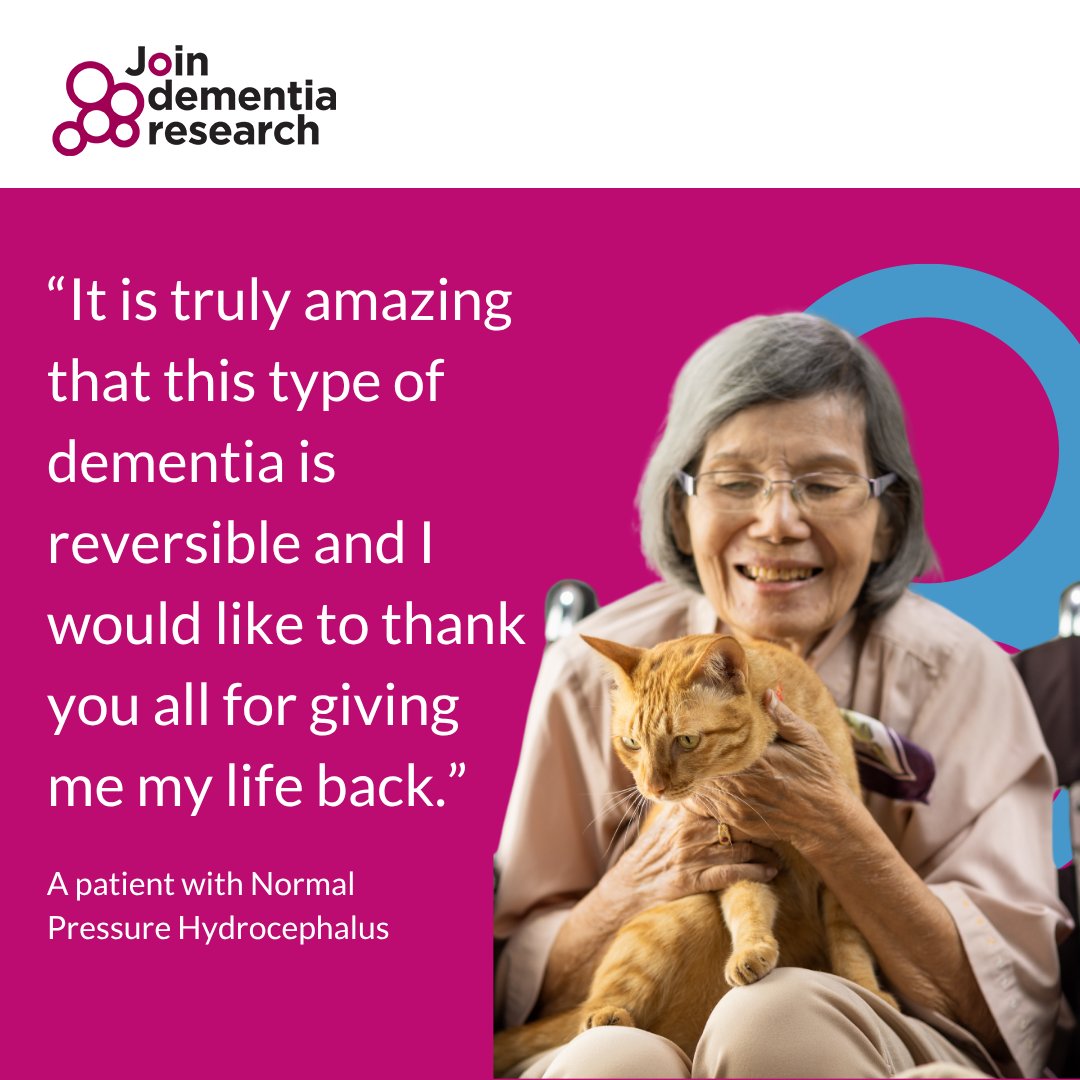
There are significant gaps in communication support available to people with dementia, according to the results of a study led by @OxfordHealthNHS. This highlights importance of research to improve care for people with dementia and their carers. oxfordhealth.nhs.uk/news/new-study…

Donanemab and lecanemab have been deemed too expensive, for too little benefit, to be offered on the NHS. However, with 138 dementia medicines being tested in 182 trials around the world, there is hope that new treatments are over the horizon. 🔗 bbc.co.uk/news/articles/…
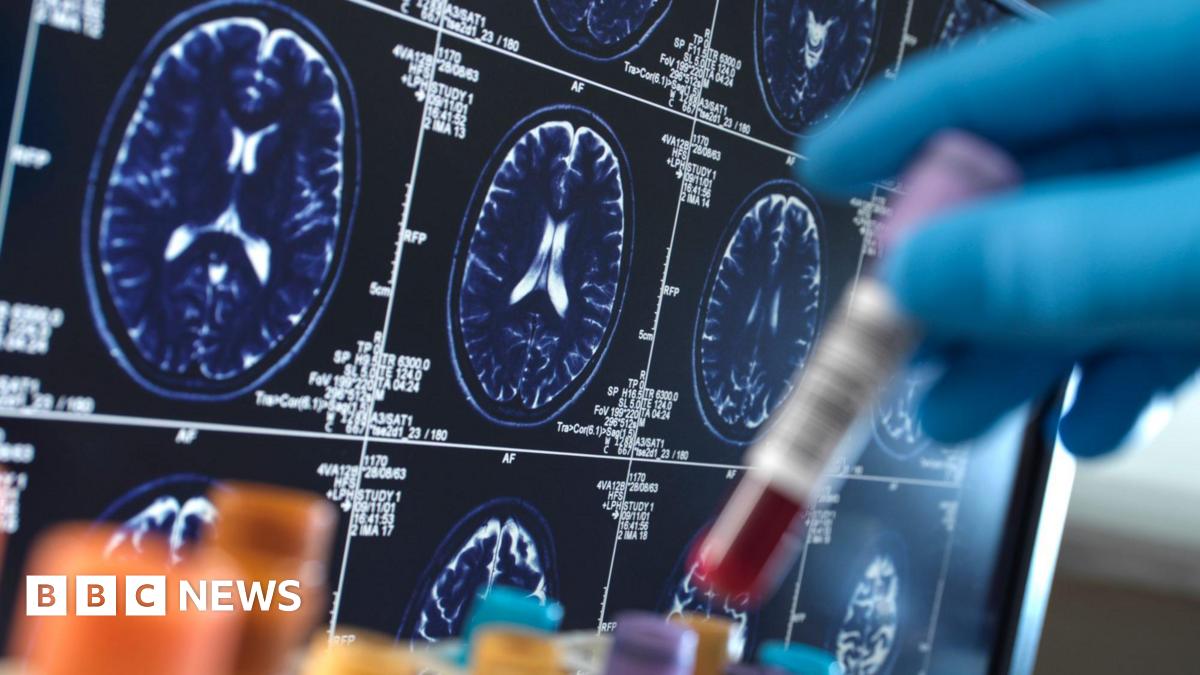
Researchers at @unisouthampton have developed a rapid laser-based test that could detect different types of #dementia in just minutes. Faster, earlier diagnoses mean better support for patients and families. 🔗 Read more: southampton.ac.uk/research/highl…
